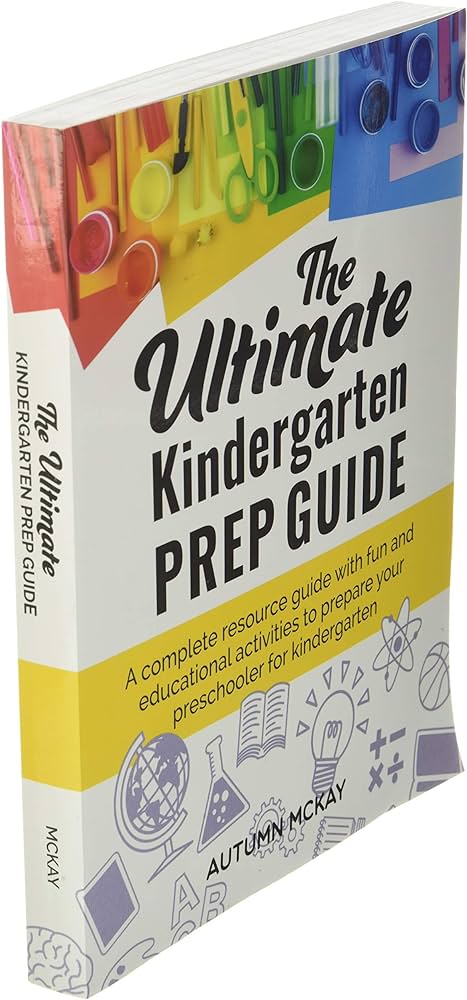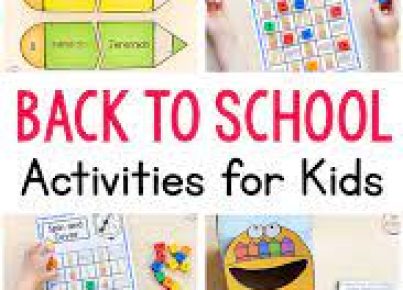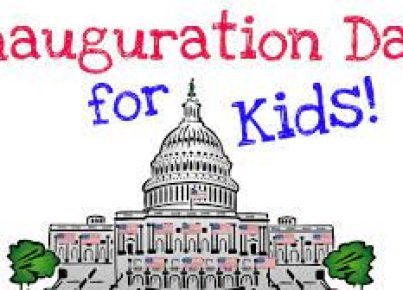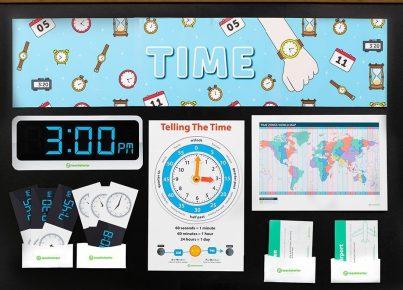Introduction
Kindergarten is an exciting time for children as they embark on their educational journey. With an array of creative lesson ideas, activities, and teaching methods available, it can be a challenge for parents and teachers to choose the best learning approaches that will cater to their young ones’ needs. This guide will help you navigate through various kindergarten lessons and ideas to enhance your child’s early learning experience.
1. Establishing a routine:
Creating a daily schedule ensures that the kindergarten students are aware of what to expect throughout the day. The routine should consist of group activities, playtime, snack time, learning centers, and storytime. A well-structured routine encourages a sense of security in children and allows them to develop healthy habits.
2. Incorporating play-based learning:
Play is integral to children’s development in kindergarten. Through play-based learning, kids can engage in various activities designed to stimulate their curiosity and creativity while developing essential skills such as problem-solving, socializing, and communication.
3. Introducing reading and literacy skills:
Kindergarten lessons should include activities that introduce children to books, letters, sounds, print concepts, and writing. Use storytime as an opportunity to read engaging narratives aloud while encouraging questions and discussion about the material.
4. Focusing on mathematical concepts:
It’s essential to familiarize young minds with basic math skills during their kindergarten years. Teachers can introduce numbers, shapes, patterns, sorting activities, and simple addition/subtraction exercises through fun games or educational materials such as puzzles or songs.
5. Exploring art and creativity:
Allowing kindergarteners to express themselves through art allows them to work on their fine motor skills while fostering creativity. Assign projects like drawing or painting using various materials (e.g., crayons or finger paints), paper crafting activities like making collages or puppets, or even exploring pottery or clay modeling.
6. Emphasizing social skills and emotional development:
Encourage kindergarten students to engage in cooperative games and group activities that help them learn how to share, communicate their feelings, and empathize with one another. Creating a warm, safe environment where children feel comfortable discussing their emotions is crucial for overall development.
7. Instilling a love for science and inquiry-based learning:
Involve children in hands-on activities that will spark their natural curiosity about the world around them. Simple experiments, nature walks, and exposure to various scientific concepts can lay the groundwork for a lifetime of scientific appreciation and understanding.
8. Encouraging physical activity:
Physical activity is integral to kindergarten education for enhanced motor skills, coordination, balance, and overall health. Provide ample opportunities for your students to engage in both structured sports and games as well as free play.
Conclusion
Ultimately, successful kindergarten lessons are focused on creating a solid educational foundation that will serve young students throughout their school years. By incorporating various teaching methods and focusing on play-based learning experiences, teachers can cultivate an engaging environment that nurtures the cognitive, emotional, and social growth of their kindergarteners.





